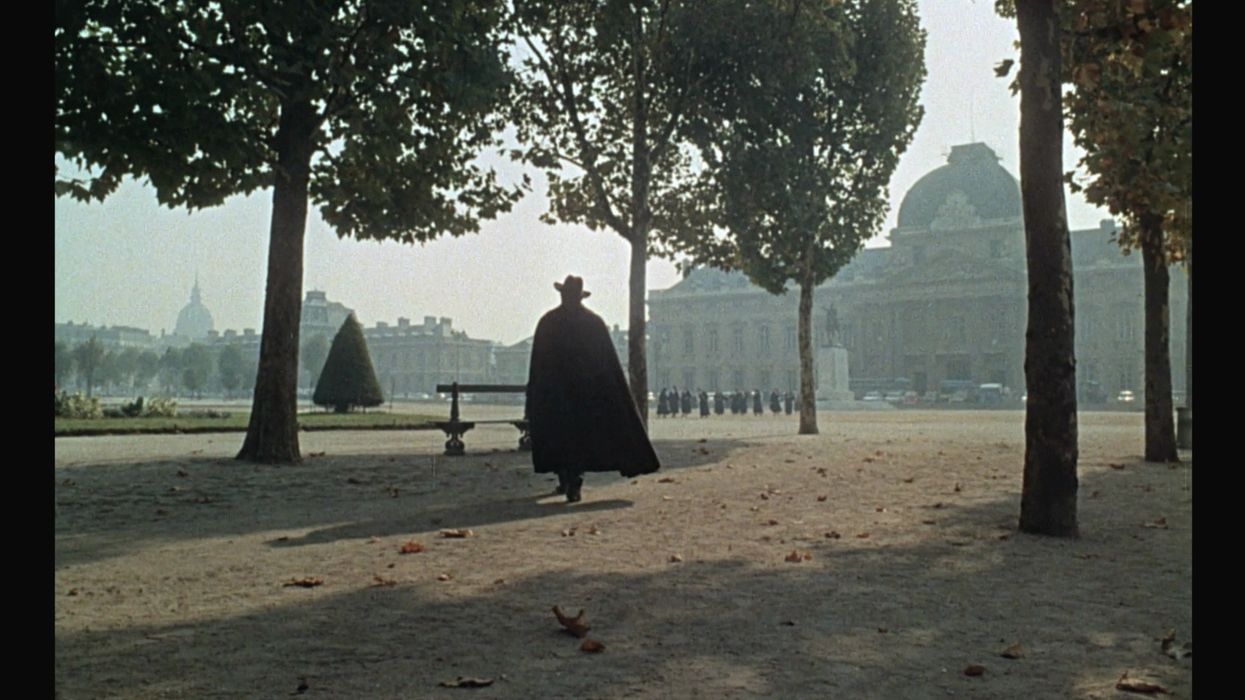Are We at the End of Cinema?
In the time where streaming giants conquer the world, we, cinephiles, have to stick together.

In a 1996 essay, The Decay of Cinema, Susan Sontag wrote, “It’s not that you can’t look forward anymore to new films that you can admire... They have to be actual violations of the norms and practices that now govern movie-making everywhere…”
But then Fargocame out, and the world of cinema shook. It was an instant classic.
Of course, many more classic films came out after 1996 that were masterpieces, but to focus only on the cinematic achievements of the time misses Sontag’s point. Sontag’s concerns lie less with the movies made, and more on the culture surrounding the films themselves. Check out how Eyebrow Cinema breaks down how the art of cinema is in decay:
Cinephilia is near death. This is the name of a very specific kind of love that cinema inspires. It's that love borne of the conviction that cinema is an art unlike any other. Cinema is both the book of art and the book of life; for cinephiles, films encapsulate everything.
Unfortunately, the act of going to the theater is becoming obsolete. Yes, some people still love going to the theater, but the idea of watching films as a pastime rather than as art matters. Movies are viewed on the home screen, and streaming services are more concerned with one thing—content.
In fairness, there are bonuses to streaming services. You gain accessibility to films old and new, pay a small monthly fee that costs the same as a movie ticket, and have a place to watch movies during a pandemic.
But there are some major drawbacks.
There was a time when films used to be special. Films like The Sun, a film that delicately handles the topic of unspoken pain and family dynamics, arrived quietly to Netflix in North America and Europe back in January of 2020 with little to no promotion. The film, a winner of Taiwan’s Golden Horse Award, sat unnoticed on Netflix until Variety film critic Peter de Bruges wrote a rave review in November 2020 and listed it as his top pick for 2020.
On its own, The Sun is a masterpiece. It debuted before the pandemic, but it was lost in the sea of content.

Netflix had no faith in the film since it was not tethered to a franchise, a high-profile celebrity, or a high-concept pitch. How was The Sun supposed to find a home on the service when the distributor doesn’t care about it?
This isn’t an issue regarding only foreign-language films. Even movies from big directors are unceremoniously dumped onto streaming platforms. Maybe you missed it, but in 2018, Orson Welles' final film, The Other Side of the Wind, was completed and released on Netflix.
The film had been shelved for decades due to complicated rights issues before Peter Bogdanovich and Frank Marshall were able to oversee the completion of the film’s editing. Netflix even went the extra mile and created a documentary that followed the production of the film as well as Welles’ final years. The passion of people made the film, but the public discussion of the film quickly faded. Although Netflix poured millions into the project, they simply did not push the film to its users.

The issue lies in familiarity. The algorithm is designed to appeal to an individual based on their watch history. It suggests films based on the subject matter and genre of TV shows and films you’ve already watched. This is why sitcoms like The OfficeandFriendsdominate the streaming platform. Even NBC’s new platform Peacock uses The Office as its primary incentive in its streaming packages.
Trust me, I can rewatchParks and Recreationfor days, but in pushing comfort, how do we discover anything new?
Being a user implies that there is a customer that needs to be satisfied. Netflix, Hulu, and HBO Max do not see us as living, breathing individuals. There are some niche streaming platforms like Criterion Channel and Kanopy that are gold mines for diverse films, but as every major film conglomerate offers its own streaming services, the art of cinema becomes more and more restricted.

There is hope for the art of cinema. I have found some of my favorite films through friends, lists curated by the great people of No Film School (like this one), and through random moments of human connection. Sometimes, the movies I watch are breathtaking while others are—well, hard watches—but I am still being exposed to films that I would have never suggested on my "for you" page.
To quote Martin Scorsese, “Cinema is among the greatest treasures of our culture and must be treated accordingly.”
There is a rot in the culture of media, and those who love film are the ones who will change the future of cinema.
What do you think?
Source: Eyebrow Cinema











